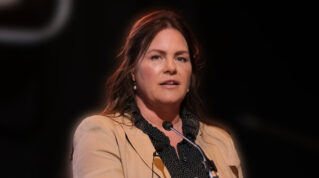The cost of GCSE, AS and A-level exams rose by 6.5 per cent this year, but prices may still not yet show the “full impact” of soaring inflation.
Qualifications price statistics published by Ofqual today shows the cost of general qualifications also rose by 2.6 per cent between 2021 and 2022, meaning prices are now over 9 per cent higher than they were two years ago.
The average GCSE now costs £48.03, up from £43.91 in 2021, and the average A-level costs £114.99, up from £105.12.
But increases in qualification costs were lower than both wider CPI inflation over the two year period and smaller than increases in school funding.
It follows criticism from headteachers of rising exam board fees during a period when schools are already struggling financially. Some told Schools Week last year they faced price hikes of up to 17 per cent.
Ofqual said rising prices across the country suggested exam boards “have likely been under increasing cost pressures from the general economic environment over the reporting period”.
Figures might not show full inflation impact
But the regulator warned it was “possible, however, that the figures shown in this report do not show the full impact of inflation in the reporting period on qualification prices”.
“It takes time for higher prices of utilities and materials to feed into both general goods and services and then back into producer costs.”
The analysis shows higher inflation in the prices of general qualifications than vocational and technical qualifications, which rose by 1.2 per cent between 2021 and 2022, and 4.7 per cent between 2022 and 2023.
However, the cost of VTQs remains higher, averaging £64.83, compared to £57.31 for general qualifications.
The analysis also warned that increases in the Bank of England’s official rate of interest from 0.1 to 4 per cent over the reporting period “means that awarding organisations may face higher costs of servicing debt taken out during the pandemic”.
“Awarding organisations will also find it more expensive to take out a new loan at the end of the reporting period than at the start of it.”
A spokesperson for AQA, the biggest provider of GCSEs and A-levels, said: “As a charity, we reinvest entry fees back into education.
“When we announced our exam fees for summer 2023, we acknowledged that we were experiencing a rise in the cost of providing our services. For most of our qualifications, we increased the entry fees well below the rate of inflation.”
They added that it was “too early to speculate on fees for summer 2025”.









Your thoughts